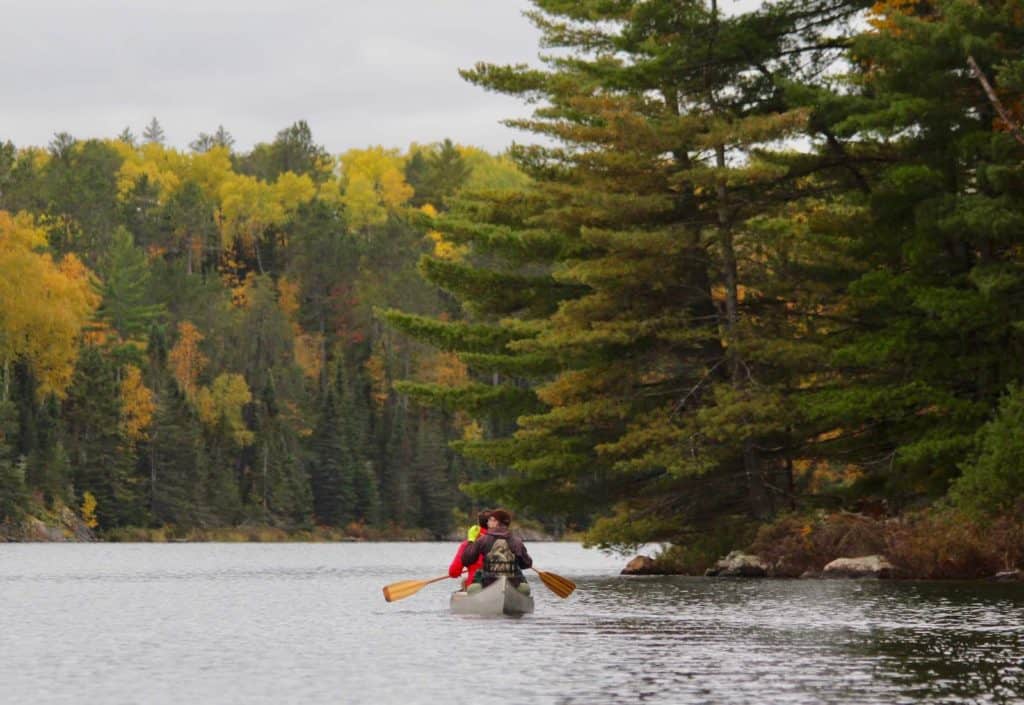
The editorial board of the largest newspaper in Minnesota has made an open call for the Trump administration to release a study of potential mining near the Boundary Waters that the agency cancelled, without apparent cause, last fall.
The study was halted in September 2018, with government officials saying no new information had been found, but no documentation has been released to allow public review of the decision.
In an editorial published last week, the Star Tribune said refusing to release the findings raises serious concerns about transparency and environmental harm.
The Trump administration should swiftly release the data, documents and analysis it relied on to make a controversial 2018 decision advancing copper mining near Minnesota’s Boundary Waters Canoe Area Wilderness.
Until it does, disturbing questions remain about whether that industry-friendly outcome was driven by science or politics. If there’s nothing to hide, there should be no delays in providing this information to the public.
Minnesotans in particular deserve assurances that federal officials acted in good faith last September when they abruptly ended a two-year study on the dangers posed to the BWCA by acid runoff. That smooths the path for federal officials to renew mineral leases, a key step forward in the long regulatory process that the Twin Metals project must clear.
The two-year study of mining in the wilderness watershed was begun by the Obama administration, but cancelled four months before its conclusion by Secretary of Agriculture Sonny Perdue.
Chilean mining conglomerate Antofagasta PLC’s proposed Twin Metals mine near the South Kawishiwi River hangs in the balance. The two-year study was examining the possibility of placing a 20-year moratorium on mining on public lands in the Boundary Waters basin. By cancelling the study and restoring federal mineral leases, Perdue and the Interior Secretary removed obstacles to the mine.
“If mining can be done responsibly, then the facts and science will support this,” the editorial board wrote. “The data ought to stand up to public scrutiny — a cornerstone of modern oversight.”
Congressional criticism

Perdue appeared in a House committee hearing last week and refused to provide information about the study despite questioning by the committee member Rep. Betty McCollum of Minnesota, who also chairs a powerful subcommittee.
On March 1, McCollum and two other Democrats on the House Natural Resources Committee sent a letter to Perdue and the Interior Secretary, David Bernhardt, requesting information on the decision to cancel the review.
“By halting the environmental review and reinstating Twin Metals’ leases, your administration blatantly ignored scientific and economic evidence, the public record dating back fifty years, and overwhelming public opposition to mining in the watershed, and reneged on public pledges to Members of Congress,” McCollum wrote with Rep. Raúl M. Grijalva (D-Ariz.), and Rep. Alan Lowenthal (D-Calif.).
The letter included a detailed list of documents the committee members want the officials to provide, justifying the cancellation. They requested the documents be provided by April 1, but there has been no announcement that they were delivered.
Read the entire article on StarTribune.com >

